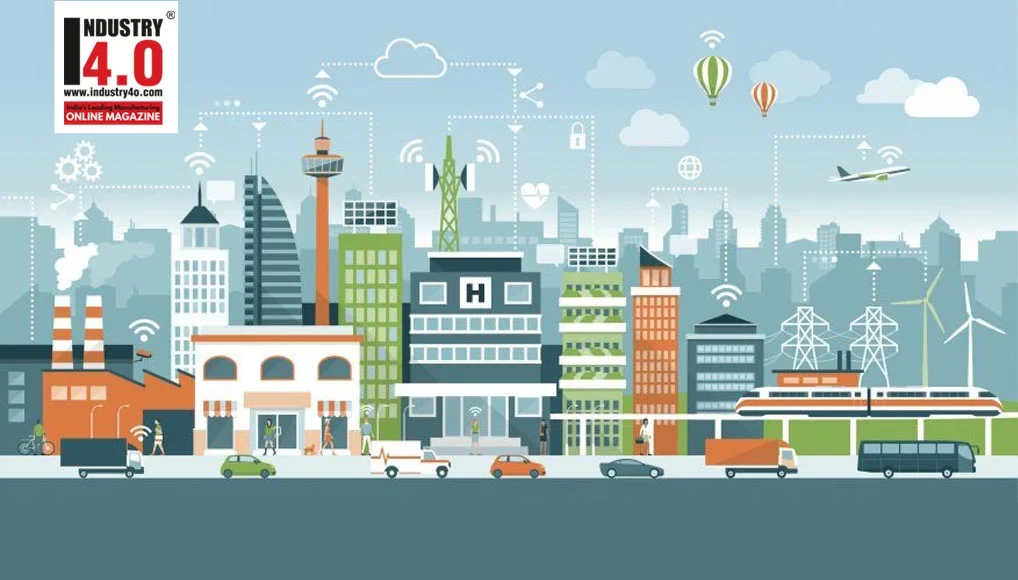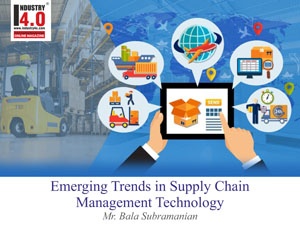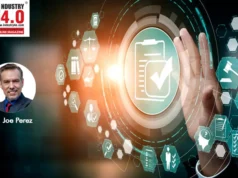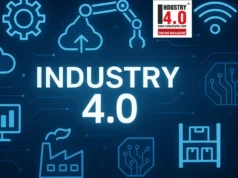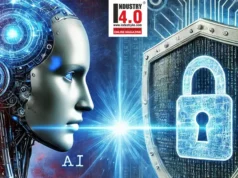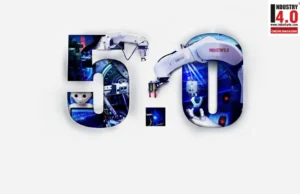How IoT Devices Change Supply Chain Management
We are surrounded by IoT devices for decades and are an active user of it. One of the earliest classic examples of IoT enabled devices is from the early 1970s when our first ATMs (Automated Teller Machines) went online. GE (General Electric) is using the concept of IoT from years in building its jet engine technology. We are now seeing a lot of Internet connected smart cars and automated driving. Gartner says, by end of 2022, a quarter of a billion vehicles will be connected to the internet for improved in-vehicle services and automated driving.
 IoT devices use sensors to measure specific aspects of the world around them, including location, temperature, humidity, light levels, movement, handling, speed of movement and other environmental factors. IoT devices come in many form factors including RFID chips, smart devices and mobile sensors.
IoT devices use sensors to measure specific aspects of the world around them, including location, temperature, humidity, light levels, movement, handling, speed of movement and other environmental factors. IoT devices come in many form factors including RFID chips, smart devices and mobile sensors.
In a Supply chain environment, deployment of IoT technologies can improve customer service, revenue growth, profitability, working capital deployment, asset utilization, time to market, waste reduction, sustainability, equipment/product uptime, security, agility and risk mitigation.
Applicability of IoT (Few of the key Use Cases) in Supply Chain:
Authenticate the Location of Goods at Any Time ,Track Speed of Movement and When Goods Will Arrive , Monitor Storage Conditions of Raw Materials and Products,Locate Goods in Storage , Administer Goods Immediately Upon Receipt, Real-time shipment and inventory visibility and tracking ,IoT-enabled cameras to spot defects and reject faulty products , Asset tracking by attaching an RFID tag or a barcode to each item etc.
Here are a few IoT in supply chain examples of how large-scale corporations benefit from IoT on a daily basis:
Amazon. Back in 2012, the company acquired connected robots for warehouse management. The main task of automated technology is to identify products by scanning QR-codes on the parcel. By implementing IoT in the warehouse, Amazon uses the human workforce more productively, allowing people to focus on tasks like packing, wrapping, or inventory management.
Volvo. The company is using a connected cloud-based system to monitor the shipment of car parts from different countries. Volvo uses the Internet of Things to track vehicle delivery to the corporation’s international suppliers.
Nissan. The car manufacturer relies on IoT automation to connect various industrial plants. The company has implemented intelligent warehouse management systems at its factory in Sunderland, UK.
New Maersk Line. The Danish shipping company piloted its Remote Container Management System back in 2016 — it monitors the temperature and humidity of the goods in containers, reducing food spoilage and resource waste. The platform monitors sea conditions and improves the precision of weather conditions planning.
Industries from healthcare to manufacturing to finance all stand to receive a major bump in productivity, slashes to overhead spending, and more by implementing this set of emerging technologies. To summarize, an IoT-based platform is a great investment for small businesses and large companies alike, as long as you have a clear objective for what you need the technology to accomplish for you. Having said that, this doesn’t come without some things to watch out for. Will talk about that in next article sometime soon.
About the Author :

Mr. Bala Subramanian is a business leader with more than 20 years’
experience in client partnering to deliver technology, consulting and
outsourcing solutions. Responsible for regional business, strategic
initiatives, client relationships and for providing engagement oversight for large scale transformation programs.
Affluent in Next Generation technologies and industry trends. Driving major strategic initiatives at global level to build Cloud Technology, Industry capabilities & solutions using Cloud ERP, IOT, Blockchain, Analytics, Robotics process automation that is driving new business and revenue for the organization.
In-depth background in complex technology program delivery and steering partner engagements. Possesses diverse experience across US, Europe, Middle East and Asia Pacific market segments.
Has a proven ability to sell, lead, and deliver Global Transformation Projects with increasingly large client footprint and scope. Extensive experience implementing solutions in Supply Chain areas like Inventory, Procurement, Sourcing, Order Management, Manufacturing, Planning, Maintenance, WMS and Logistics.
Worked with Godrej & Boyce Manufacturing Co.Ltd., Almoayyed International Group, KPIT Cummins Infosystems, Wipro, Oracle, Deloitte as an employee in the past.
Currently working as Vice President- ERP Practise with Evosys Global.
He is bestowed with the following License & Certifications :
https://www.linkedin.com/in/ba
He has received following Skill Endorsements :
https://www.linkedin.com/in/ba
He can be contacted @
Email : [email protected], [email protected]
Mobile : +91 99010 61601
LinkedIn : ba
Also read his earlier articles:

